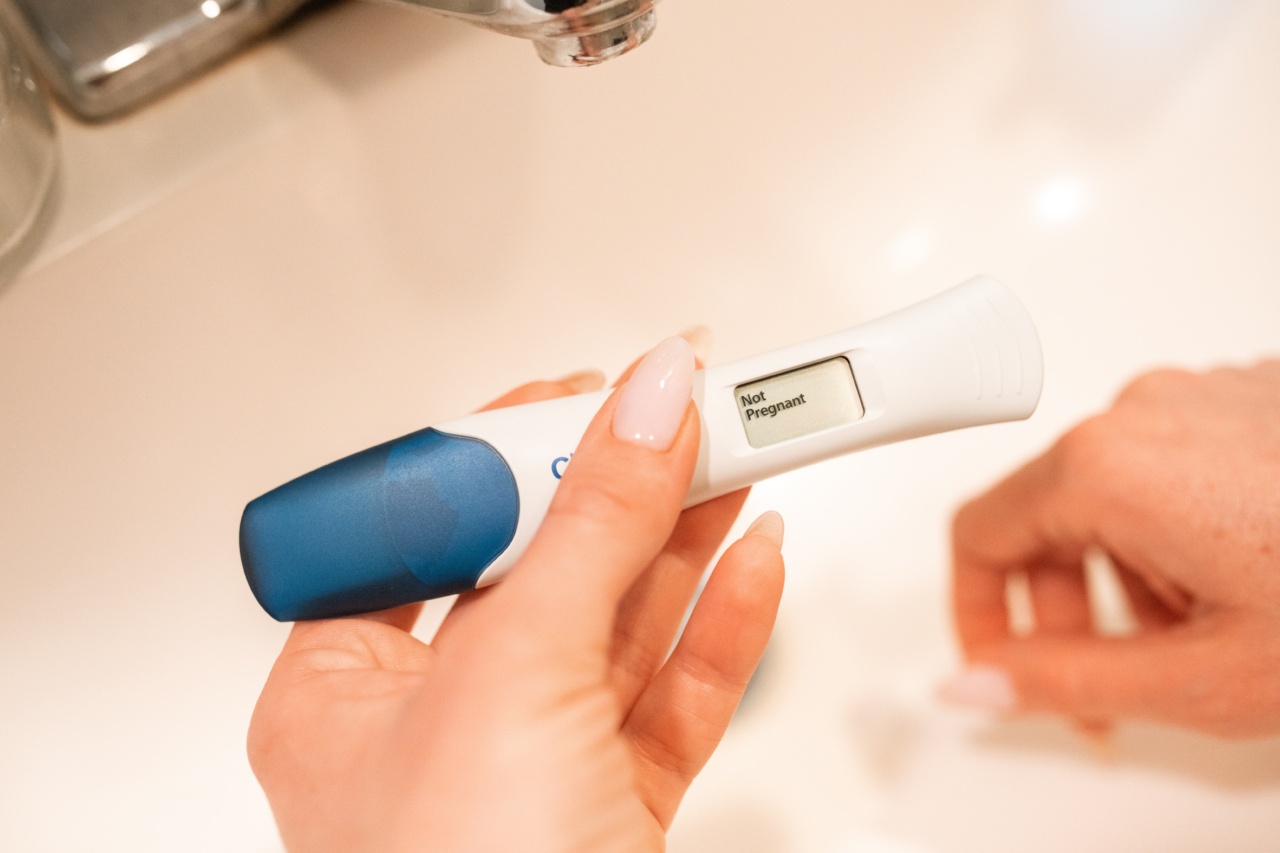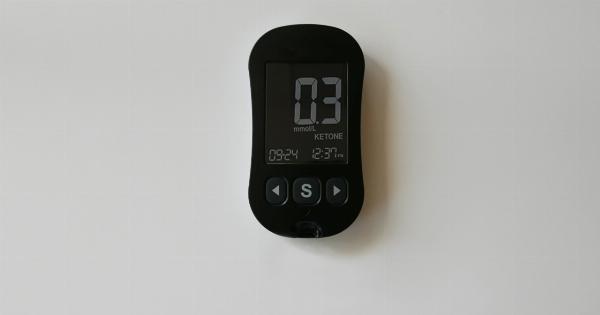If you’ve ever had your blood pressure checked by a healthcare professional, you probably know that those two numbers can tell a lot about your health. Blood pressure is the force of blood pushing against the walls of your arteries.
It’s essential for life, as it ensures that blood and oxygen reach every part of the body. However, when blood pressure becomes too high or too low, it can be harmful to your health. In this article, we’ll discuss the effects of changes in blood pressure and what you can do to maintain a healthy level.
What Is Blood Pressure?
As mentioned above, blood pressure is the force that blood exerts on the walls of arteries. When the heart beats, it pumps blood into the arteries, which carry it throughout the body.
Blood pressure is measured in millimeters of mercury (mm Hg) and is expressed through two numbers:.
- The top number (systolic pressure) corresponds to the pressure in arteries when the heart contracts and pumps blood
- The bottom number (diastolic pressure) corresponds to the pressure in arteries when the heart relaxes and fills with blood
A normal blood pressure reading is considered to be around 120/80 mm Hg. However, blood pressure can vary depending on a person’s age, weight, gender, and overall health.
While some fluctuations in blood pressure are normal and do not pose a risk, significant changes in blood pressure can lead to health problems.
How High Blood Pressure Affects Your Health
High blood pressure, also known as hypertension, is a common health problem that affects millions of people worldwide. When blood pressure remains high over time, it can damage the arteries, heart, brain, kidneys, and other organs.
Here are some ways in which high blood pressure can affect your health:.
Increased risk of heart disease and stroke
High blood pressure can cause damage to the inner lining of arteries, making them narrower and less flexible. This, in turn, can increase the risk of heart disease and stroke.
When blood pressure is high, the heart has to work harder to pump blood to the body, which can lead to an enlarged heart, heart failure, and other cardiovascular problems.
Damage to the kidneys
The kidneys play a crucial role in filtering waste and excess fluids from the body. However, when blood pressure is high, it can damage the blood vessels in the kidneys, which can reduce their ability to function correctly.
Over time, this can lead to chronic kidney disease, kidney failure, and the need for dialysis or a kidney transplant.
Vision problems
High blood pressure can also affect the eyes and lead to vision problems, such as blurred vision, double vision, or even vision loss.
When blood pressure is high, it can damage the blood vessels supplying blood to the retina, causing a condition known as hypertensive retinopathy.
Memory and cognitive problems
Studies have found that high blood pressure can also affect cognitive function, including memory, attention, and concentration. When blood pressure is high, it can damage small blood vessels in the brain, reducing blood flow and oxygen delivery.
This can, in turn, lead to cognitive decline and an increased risk of dementia.
How Low Blood Pressure Affects Your Health
While high blood pressure is a common health problem, low blood pressure, also known as hypotension, is less common.
Low blood pressure is defined as a reading of 90/60 mm Hg or lower and can be caused by various factors, including dehydration, medication, or an underlying health condition. Here are some ways in which low blood pressure can affect your health:.
Dizziness and fainting
When blood pressure is too low, it can reduce blood flow to the brain, leading to dizziness, lightheadedness, and even fainting. These symptoms can be especially dangerous for older adults who are more prone to falls and injuries.
Increased risk of shock
When blood pressure drops suddenly and severely, it can lead to a life-threatening condition called shock. Shock is a medical emergency that occurs when the body is unable to get enough oxygen and nutrients to vital organs, leading to organ failure.
Increased risk of heart problems
While low blood pressure is not directly related to heart disease, it can increase the risk of heart problems in some people.
For instance, if blood pressure drops too low during a heart attack, it can further reduce blood flow to the heart and worsen the damage.
How to Maintain a Healthy Blood Pressure
Whether you have high or low blood pressure, it’s essential to monitor your numbers regularly and take steps to maintain a healthy level. Here are some ways to keep your blood pressure in check:.
Eat a healthy diet
A healthy diet rich in fruits, vegetables, whole grains, lean protein, and low-fat dairy can help lower blood pressure and reduce the risk of heart disease. Try to limit foods high in saturated and trans fats, cholesterol, and sodium.
Exercise regularly
Regular physical activity can help lower blood pressure, strengthen the heart and reduce the risk of various health problems. Aim for at least 30 minutes of moderate-intensity exercise, such as brisk walking or biking, most days of the week.
Maintain a healthy weight
Being overweight or obese can increase the risk of high blood pressure, heart disease, and other health problems. Losing weight through a healthy diet and regular exercise can help lower blood pressure and improve overall health.
Don’t smoke
Smoking can damage blood vessels and increase the risk of heart disease, stroke, and other health problems. If you smoke, quit as soon as possible, and avoid exposure to secondhand smoke.
Manage stress
Stress can cause temporary spikes in blood pressure and increase the risk of heart disease over time. Learn techniques to manage stress, such as meditation, deep breathing, or yoga.
Conclusion
Blood pressure is a critical aspect of overall health, and changes in blood pressure can have significant impacts on the body. High blood pressure can increase the risk of heart disease, stroke, kidney damage, vision problems, and cognitive decline.
Low blood pressure can cause dizziness, fainting, and increase the risk of shock and heart problems. By maintaining a healthy lifestyle, including a balanced diet, regular exercise, and stress management, you can keep your blood pressure in check and reduce the risk of health problems.






























